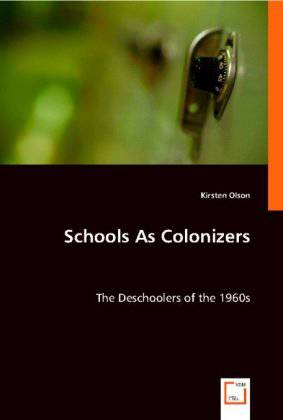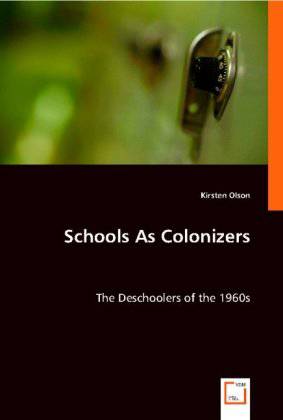
- Afhalen na 1 uur in een winkel met voorraad
- Gratis thuislevering in België vanaf € 30
- Ruim aanbod met 7 miljoen producten
- Afhalen na 1 uur in een winkel met voorraad
- Gratis thuislevering in België vanaf € 30
- Ruim aanbod met 7 miljoen producten
Zoeken
€ 58,45
+ 116 punten
Omschrijving
In the 1960s and early 70s an influential group of education writers wrote accessibly, for the everyday reader, about the colonizing and radically unequalizing effects of institutionalized education on students and adults. To these critics schools were not benign, apple-on-the-desk acculturating institutions where children could innocently be sent each day to learn the skills they needed to succeed in a meritocratic society. Instead they were organizations designed to colonize, imprint, and shape from within the most vulnerable and least powerful individuals in our culture. This book examines the biographies of six important deschooling critics, their questions about the purposes of education, and the nature of powerful learning in their eyes. The book also asks, what do the deschoolers have to tell us now?
Specificaties
Betrokkenen
- Auteur(s):
- Uitgeverij:
Inhoud
- Aantal bladzijden:
- 136
- Taal:
- Engels
Eigenschappen
- Productcode (EAN):
- 9783836464628
- Uitvoering:
- Paperback
- Afmetingen:
- 150 mm x 220 mm
- Gewicht:
- 219 g

Alleen bij Standaard Boekhandel
+ 116 punten op je klantenkaart van Standaard Boekhandel
Beoordelingen
We publiceren alleen reviews die voldoen aan de voorwaarden voor reviews. Bekijk onze voorwaarden voor reviews.







